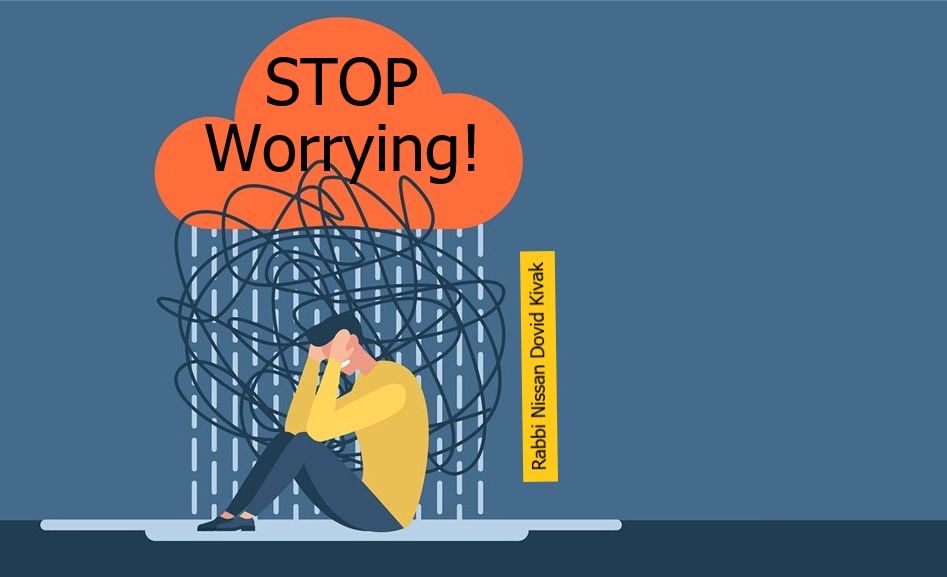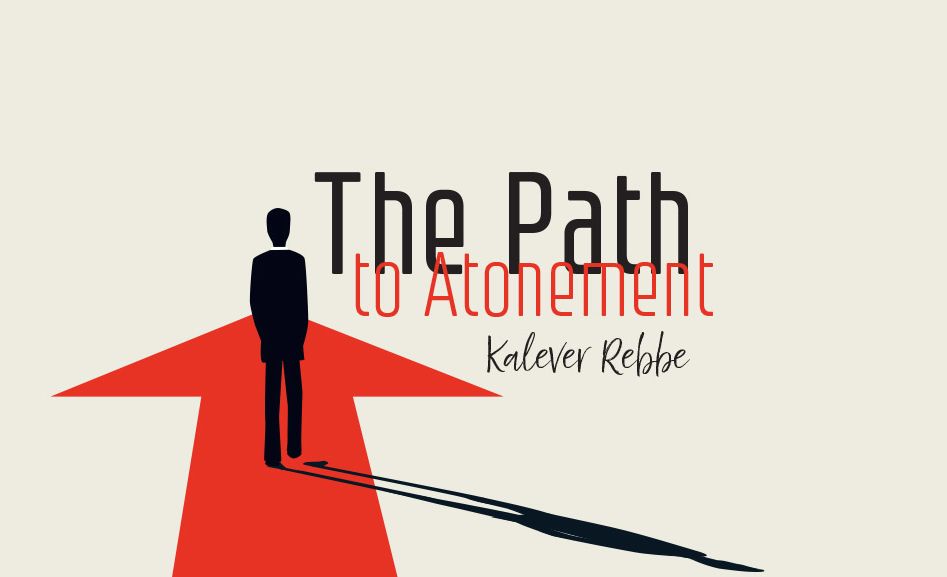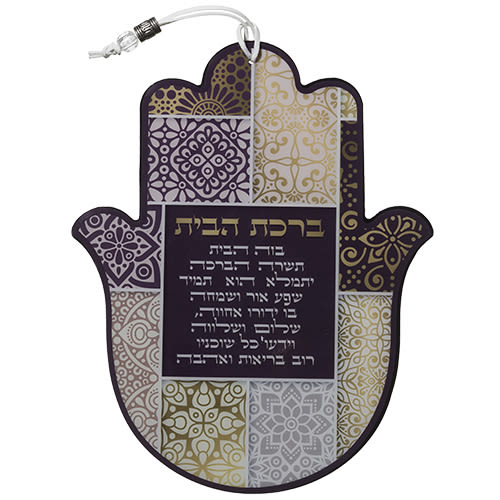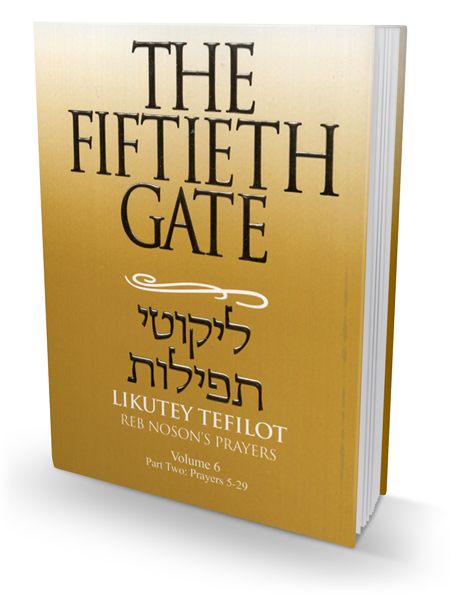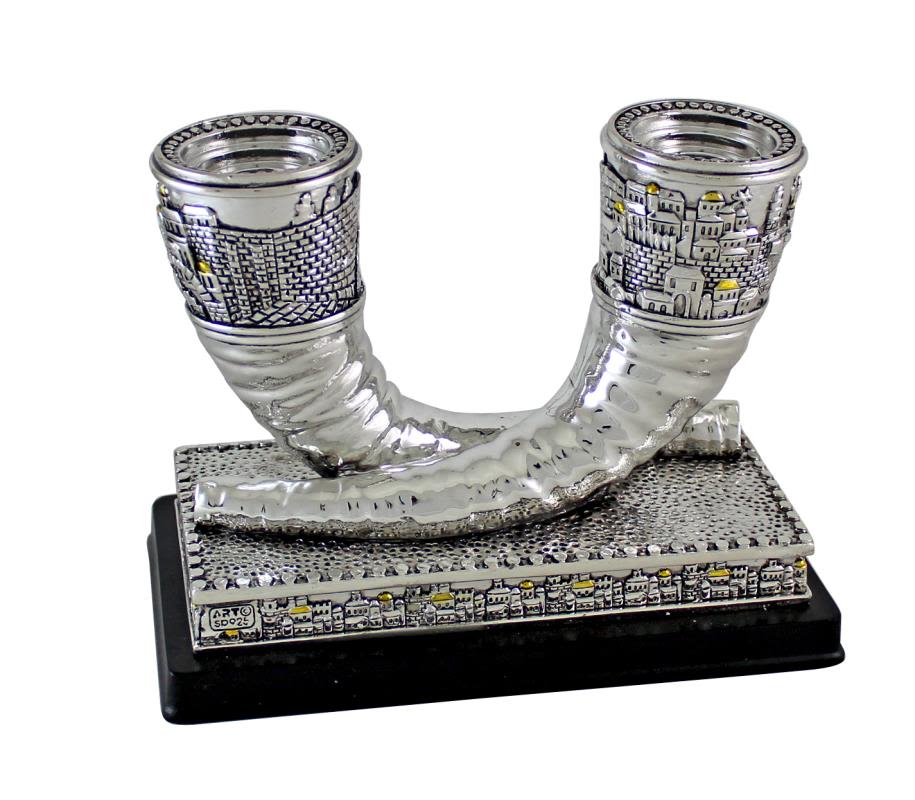
The Secret Opening
We ask Hashem during the Neila prayer to open an opening for us at the hour when the openings in the firmament are being locked at the end of Yom Kippur...

We recite the Neila prayer once a year, on Yom Kippur at the end of the day as the sun is setting. One of the most moving segments is Pana Yom: Ptach lanu shaar be’et neilat shaar, ki pana yom – we ask Hashem to open an opening for us at the hour when the openings in the firmament are being locked at the end of Yom Kippur. Yom Kippur is a special Day of Atonement, but its blanket forgiveness doesn’t extend to the next day.
Or does it?
Where do we see in the Gemara the concept of Heavenly windows being locked?
King Menashe committed grave sins. He killed his father-in-law, the holy prophet Isaiah. Not only did he worship idols, but he put an idol in the Holy Temple. Finally, tribulations were catching up with him…
The holy “Nodeh B’Yehuda”, Rabbi Yechezkel Halevi Landa osb”m, explains in his classic elaboration of the Talmud “Tziyun L’Nefesh Chaya”[1], that King Menashe was in dire straits[2]. He said, “I remember what my father[3] used to say, ‘When you are in distress and all these things have befallen you…you will return unto Hashem’[4], behold, I call Him,” but the archangels would lock the windows of the firmament and prevent Menashe’s prayers from ascending to the Heavenly Throne. They said to the Almighty, “Master of the World! Is it possible that he who placed an idol in the Holy Temple be allowed to do teshuva?” What did Hashem do?  He made an opening beneath the Heavenly Throne and received Menashe’s teshuva and heard his supplications.
He made an opening beneath the Heavenly Throne and received Menashe’s teshuva and heard his supplications.
The “Tziyun L’Nefesh Chaya” concludes, “The Heavenly Throne that Hashem made a special opening beneath is the Throne of Mercy; when the Almighty wants to judge according to the letter of the law, He moves over to the Throne of Justice that has no opening underneath.”
Rabbi Yechezkel Halevi Landa teaches us some amazing principles, as follows:
1. No matter how grave a sinner Menashe was, he didn’t fall into despair, continued praying and sought Hashem’s mercy.
2. The archangels, acting upon justice, saw that Menashe’s prayers had no right to be heard, much less answered. Hashem, overriding them, made a special opening for Menashe.
3. The Throne of Mercy has a secret opening for those who earnestly do teshuva, whereas the Throne of Justice has no opening.
In a story about Menashe’s father, King Hezekiah, the Gemara shows us a magnificent illustration of the principle in the following story: King Hezekiah was very ill. Isaiah the Prophet visited him and told him that his days were numbered; he was being punished because he never got married and therefore did not have children. King Hezekiah answered, “Stop prophesying and leave! I learned from my grandfathers[5] that even if a sharp sword is placed on your throat, don’t lose hope in [Hashem’s] mercy!” King Hezekiah ended up marrying Isaiah’s daughter and he lived for another 22 years.
With the above in mind, we can now understand the tragic mistake of Elisha ben Abuya.[6] Like Menashe before him, Elisha – a great scholar and Mishnaic sage – had fallen into bad ways. Notwithstanding, Rebbe Meir harbored a deep sense of gratitude for the Torah that Elisha ben Abuya had taught him. One Shabbat, Rebbe Meir was following Elisha ben Abuya who was on horseback, in violation of the Sabbath. Elisha ben Abuya, known infamously as Akher or “the other one”, said to Rebbe Meir, “Turn back, for I have just measured by the paces of my horse that the Shabbat limit extends only thus far.”
“Turn back” in Hebrew is a play on words that also means, “do teshuva.” As such, Rebbe Meir answered, “You, too, go back!”
Akher replied, “I have already heard from behind the heavenly curtain, “Return, O backsliding children[7] – except Akher.”
The Maharsha explains[8] that Akher should have ignored the Heavenly voice. His teshuva wouldn’t have been easy, but had he returned with all his heart, shedding his arrogance and “reducing himself to pulp”[9], Hashem would have accepted his teshuva.
The same applies here in the Neila prayer. Even though the official windows are being closed, Hashem accepts the worst sinner anytime, as long as the sinner returns to Hashem with a whole heart, not just to seek relief from suffering.
If that’s not enough, we learn more about Hashem’s limitless mercy from Rebbe Yehoshua ben Levi[10], who teaches us that anyone who says “Amen ye’he shmei raba“[11] with all his might, even if he has seventy years of harsh decrees against him, they’ll all be ripped up!
No matter what we’ve done wrong, there’s never room for despair. Pray with joy, for Hashem will surely hear your prayers. He awaits us with open arms. Gmar Chatima Tova and a wonderful New Year!




